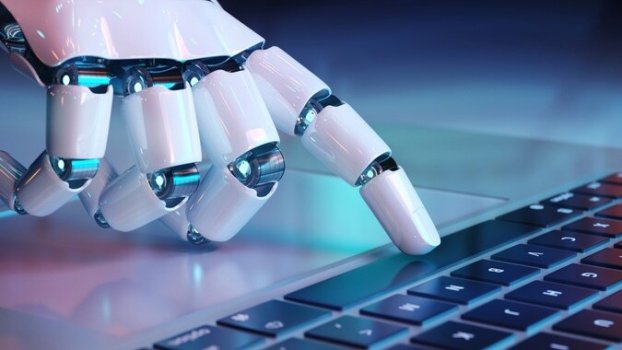Recent advances in artificial intelligence have caused a surge of public and business interest in this remarkable technology. Though most of its applications are still in their infancy, professionals across a wide range of industries have begun using AI-infused assistants to accomplish various tasks. This accelerated pace of innovation and data usage has, however, led to increased uncertainty about just where machine learning and thinking is headed, and the impacts it will have on society. In terms of positive effects, I certainly see some standouts.
Running high-information scenarios with less error
AI can consider multiple scenarios and make educated decisions using both previously gathered information as well as real-time data. As a result, the errors are reduced and the chance of reaching broader accuracy and greater precision is much greater. Example: The forecasting of weather and other natural disasters such as earthquakes and tsunamis.
Reducing risk
Robots applying machine learning can risk dangers that might otherwise be lethal for humans. Think of exploring space or the deepest parts of oceans, defusing a bomb or inspecting unstable structures. Example: In the still-lethal areas of the Chernobyl nuclear disaster site in Ukraine, robots are conducting radiation surveillance, removing debris from the destroyed reactor, taking samples of radiological materials and even burying radioactive materials.
Continue reading: https://www.entrepreneur.com/article/381273
Running high-information scenarios with less error
AI can consider multiple scenarios and make educated decisions using both previously gathered information as well as real-time data. As a result, the errors are reduced and the chance of reaching broader accuracy and greater precision is much greater. Example: The forecasting of weather and other natural disasters such as earthquakes and tsunamis.
Reducing risk
Robots applying machine learning can risk dangers that might otherwise be lethal for humans. Think of exploring space or the deepest parts of oceans, defusing a bomb or inspecting unstable structures. Example: In the still-lethal areas of the Chernobyl nuclear disaster site in Ukraine, robots are conducting radiation surveillance, removing debris from the destroyed reactor, taking samples of radiological materials and even burying radioactive materials.
Continue reading: https://www.entrepreneur.com/article/381273

